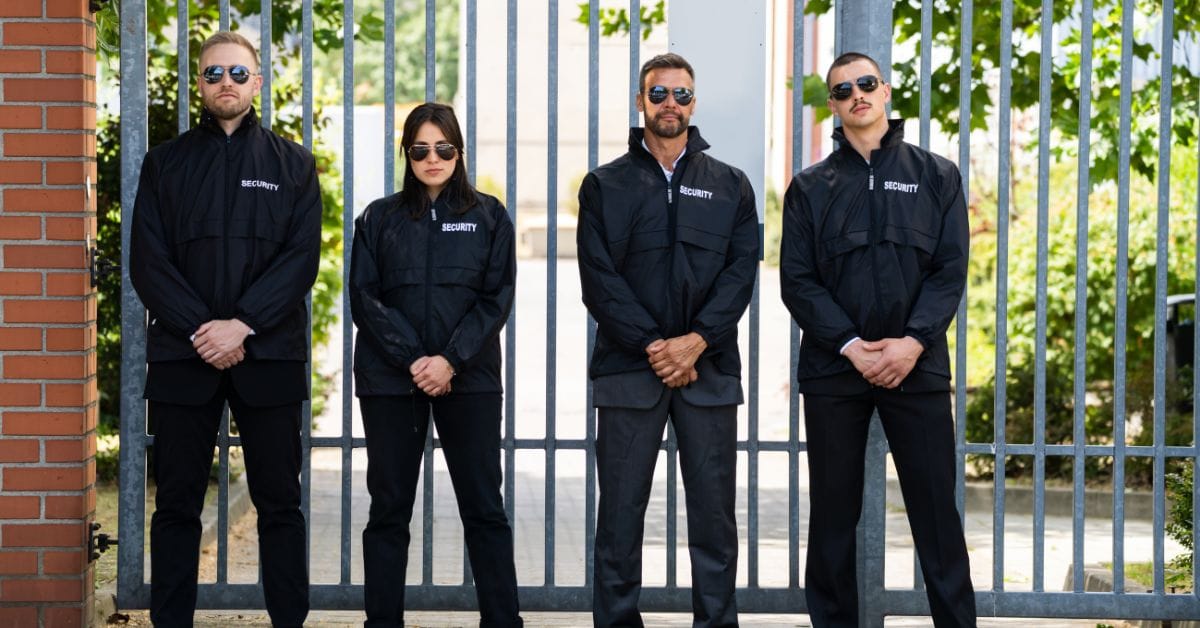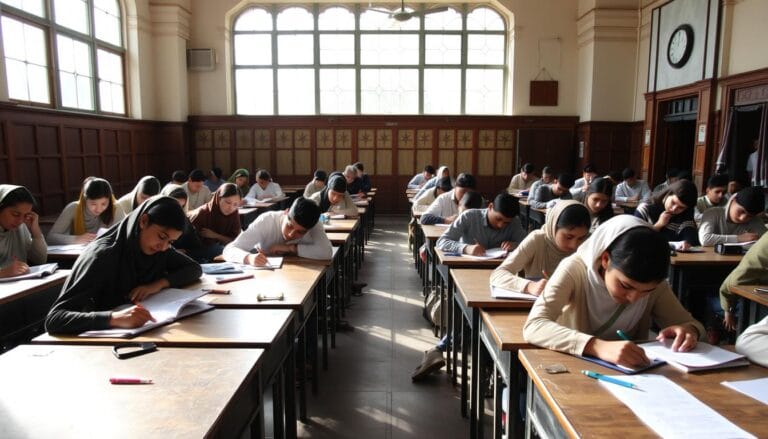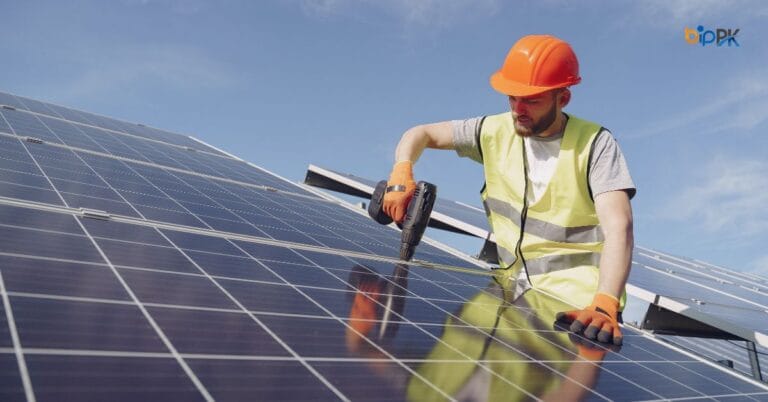Do Security Jobs Need Height and Weight? Find Out!
Security jobs are often thought of as requiring someone tall, muscular, and physically intimidating. After all, when you picture security personnel, you might imagine someone standing at the entrance of a club, scanning the crowd, or escorting people from a building. But do security jobs actually have height and weight requirements? Or is there more to these roles than physical appearance?
The simple answer is no, most security jobs don’t have strict height or weight requirements. While physical presence can sometimes be a bonus, it’s not always a requirement for getting the job done effectively. In fact, many security roles prioritize skills like observation, communication, and quick thinking over how tall or heavy someone is. Certain specialized roles may have physical demands, but they are not as black-and-white as one might think.
Understanding the Role of a Security Job
To understand whether height and weight matter, you must first understand what a security job entails. Security personnel are responsible for maintaining safety and order in a variety of settings. They might work in malls, schools, office buildings, or even as personal security guards. Depending on the setting, their job could range from monitoring surveillance cameras to de-escalating tense situations.
In many cases, security jobs focus more on preventing issues before they start. This means being aware of your surroundings, reading people’s body language, and acting quickly when something seems off. Physical strength and size might come in handy in certain situations, like deterring potential troublemakers or handling unruly individuals. But these scenarios aren’t as common as you might think.
Skills That Matter More Than Size
Let’s break down some of the skills that are often more important than height or weight in security jobs:
1. Observation Skills
In most security roles, being observant is the top priority. Whether you’re monitoring cameras or patrolling a building, noticing small details can prevent bigger problems. If you’re great at spotting unusual behavior or identifying potential threats, you’re already ahead of the game. This skill doesn’t depend on how tall or heavy you are.
2. Communication Skills
Good communication is key in security jobs. Whether you’re giving directions, de-escalating a situation, or reporting an incident, being able to communicate clearly and effectively is crucial. This is another area where physical size doesn’t really play a role.
3. Quick Decision-Making
In high-pressure situations, the ability to think on your feet and make quick, effective decisions can make all the difference. This mental agility is far more valuable than any physical attribute.
4. Conflict Resolution
Dealing with conflicts is part of the job for many security professionals. Being able to defuse tense situations without resorting to physical force is a skill that many employers value. This requires patience, empathy, and emotional intelligence, none of which are linked to height or weight.
When Height and Weight Might Matter
While height and weight aren’t generally a deal-breaker, there are some roles within security where they could be more relevant.
1. Bouncers and Event Security
If you’re working as a bouncer or providing security at large events, physical presence might be more important. In these jobs, simply being bigger can sometimes act as a deterrent, preventing potential issues before they start. But even here, having good communication skills and the ability to handle conflict without using force is often more important.
2. Personal Bodyguards
For bodyguards, physical strength can be useful, especially in high-risk situations where they may need to physically protect someone. In these roles, fitness is usually more important than height or weight alone. A bodyguard needs to be agile, strong, and able to react quickly to threats. Again, size can be an advantage, but it’s not everything.
3. Law Enforcement or Armed Security
Certain roles in law enforcement or armed security may have fitness requirements, but these usually focus on overall health and strength rather than specific height or weight criteria. Candidates might be required to pass fitness tests that measure endurance, strength, and agility. While being physically fit is important, it’s not about hitting a certain height or weight threshold.
Legal Considerations in Security Jobs
It’s worth noting that many countries have laws in place to prevent discrimination based on physical characteristics like height or weight. Employers can’t legally reject someone solely because they don’t fit a specific physical mold unless it’s proven that the job absolutely requires it. This means that in most cases, even if a job could benefit from someone taller or stronger, an employer would have to prove that these attributes are essential to the role.
Physical Fitness vs. Height and Weight
What’s often more important than height and weight is physical fitness. Many security jobs require you to be on your feet for long periods, respond quickly in emergencies, and sometimes physically intervene in a situation. Being fit and healthy can help you do all of this effectively, regardless of your size.
How to Prepare for a Security Job
If you’re thinking about pursuing a career in security, focus on building the skills that matter most. Here are some tips:
1. Improve Your Fitness
While height and weight don’t matter much, being physically fit does. You don’t need to be a bodybuilder, but having good stamina, strength, and flexibility can help you perform better on the job. Regular exercise, a balanced diet, and staying active can make a big difference.
2. Work on Your Communication
In many security roles, being able to communicate well is just as important as physical skills. Practice speaking clearly and confidently, and learn how to de-escalate situations verbally. This can be particularly useful in roles where you’ll be interacting with the public.
3. Learn Conflict Resolution Techniques
Being able to handle conflicts calmly and effectively is a valuable skill in any security job. Consider taking a course or reading up on conflict resolution techniques. This will help you manage difficult situations without needing to rely on physical force.
4. Get Certified
Many security jobs require specific certifications, depending on the region or country you’re in. Look into what’s required in your area and make sure you’re fully qualified. This might include first aid training, a security license, or firearms training if you’re going into armed security.
The Future of Security Jobs
With advancements in technology, the role of security personnel is evolving. Many security jobs now involve working with advanced surveillance systems, drones, and other technologies. As these roles change, the importance of height and weight is likely to become even less relevant. What will matter more are skills like tech-savviness, quick thinking, and the ability to adapt to new tools and methods.
Final Thoughts: Do Security Jobs Need Height and Weight?
At the end of the day, most security jobs don’t require you to meet specific height or weight criteria. What matters more is your ability to do the job effectively. Being observant, staying calm under pressure, and communicating well are skills that will take you much further than your physical size.
So, if you’re thinking about a career in security but worry that you’re not tall enough or heavy enough, don’t stress. Focus on building the right skills, staying fit, and getting the necessary certifications. After all, it’s your ability to keep people safe that really counts, not the number on the scale or the height chart.







